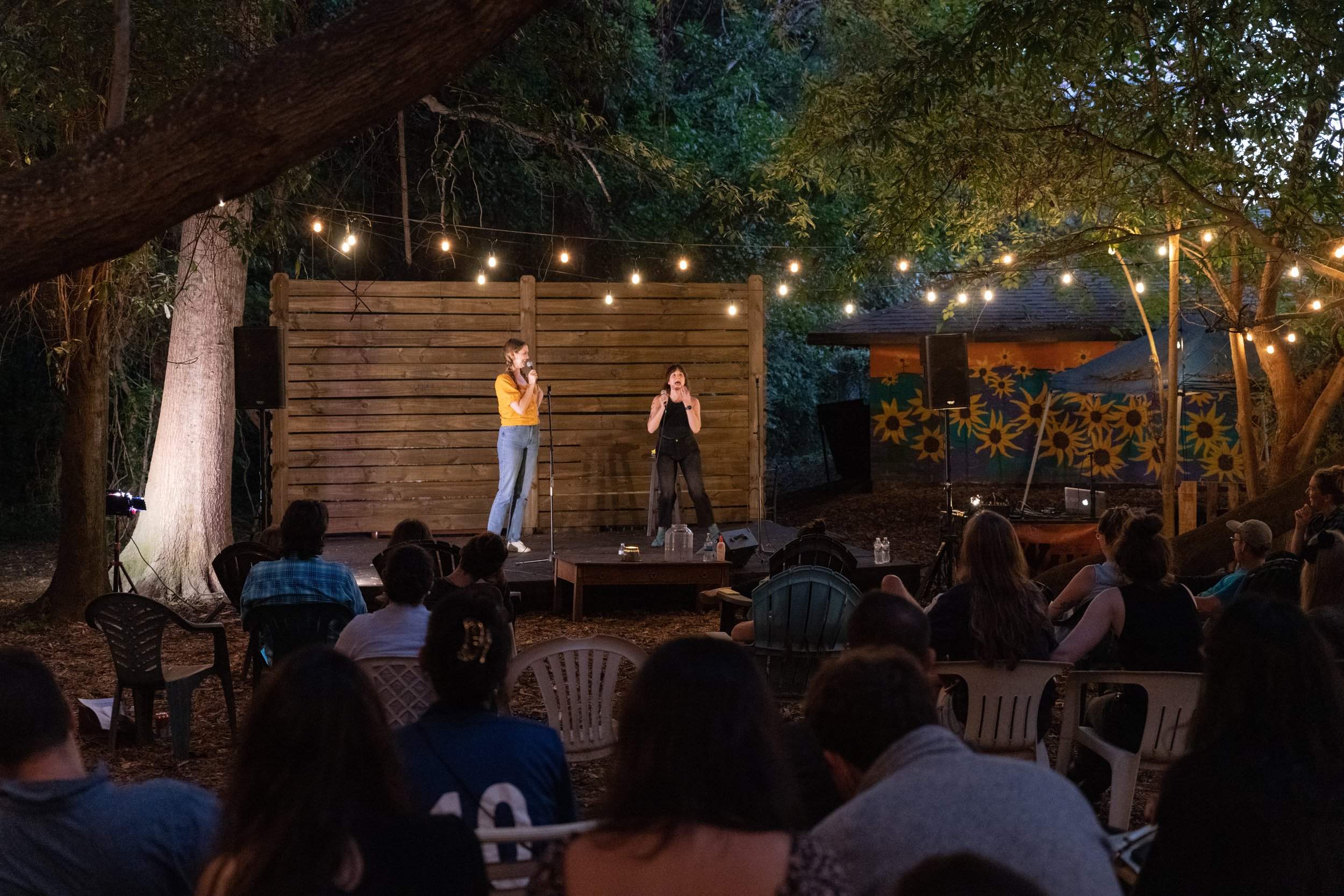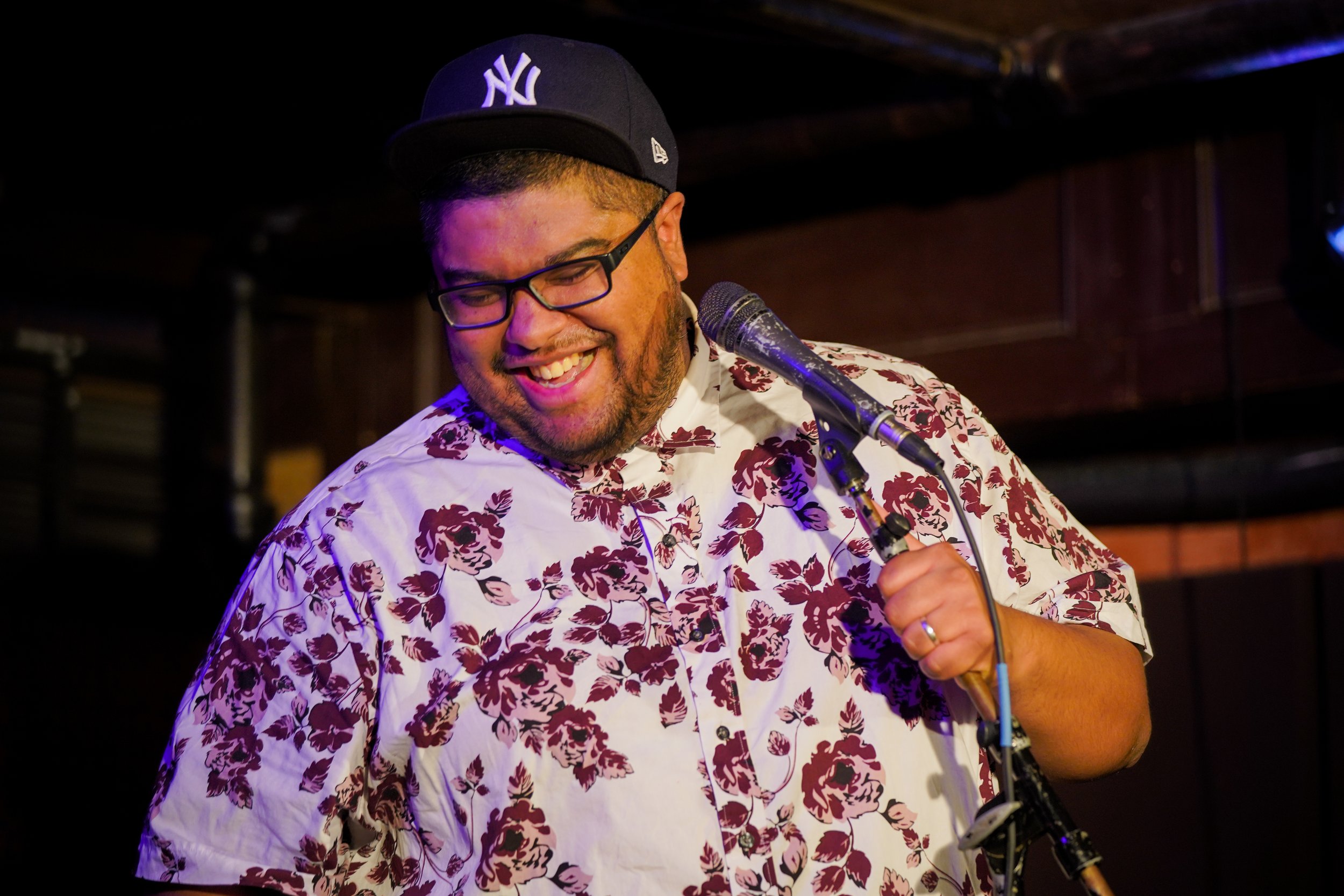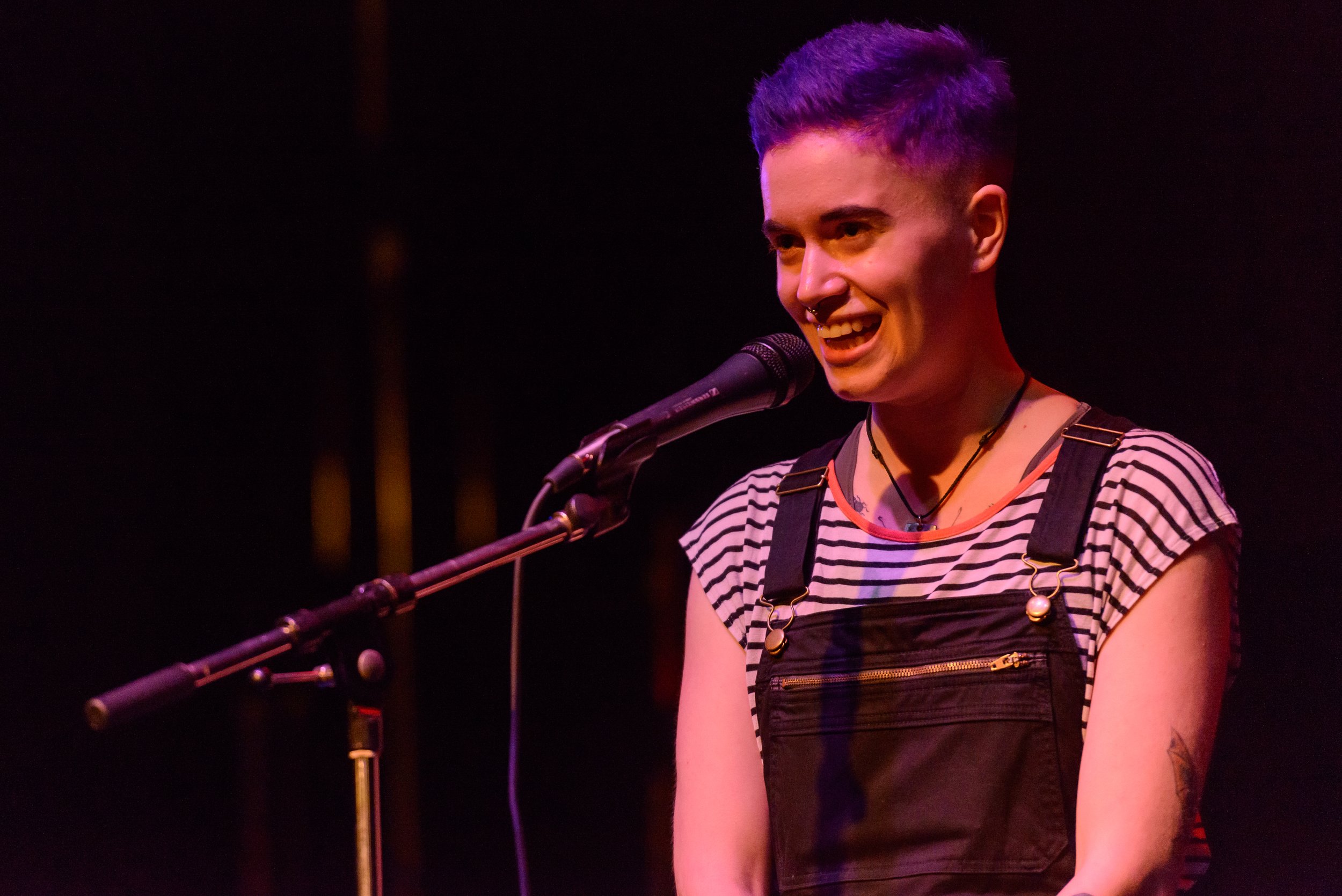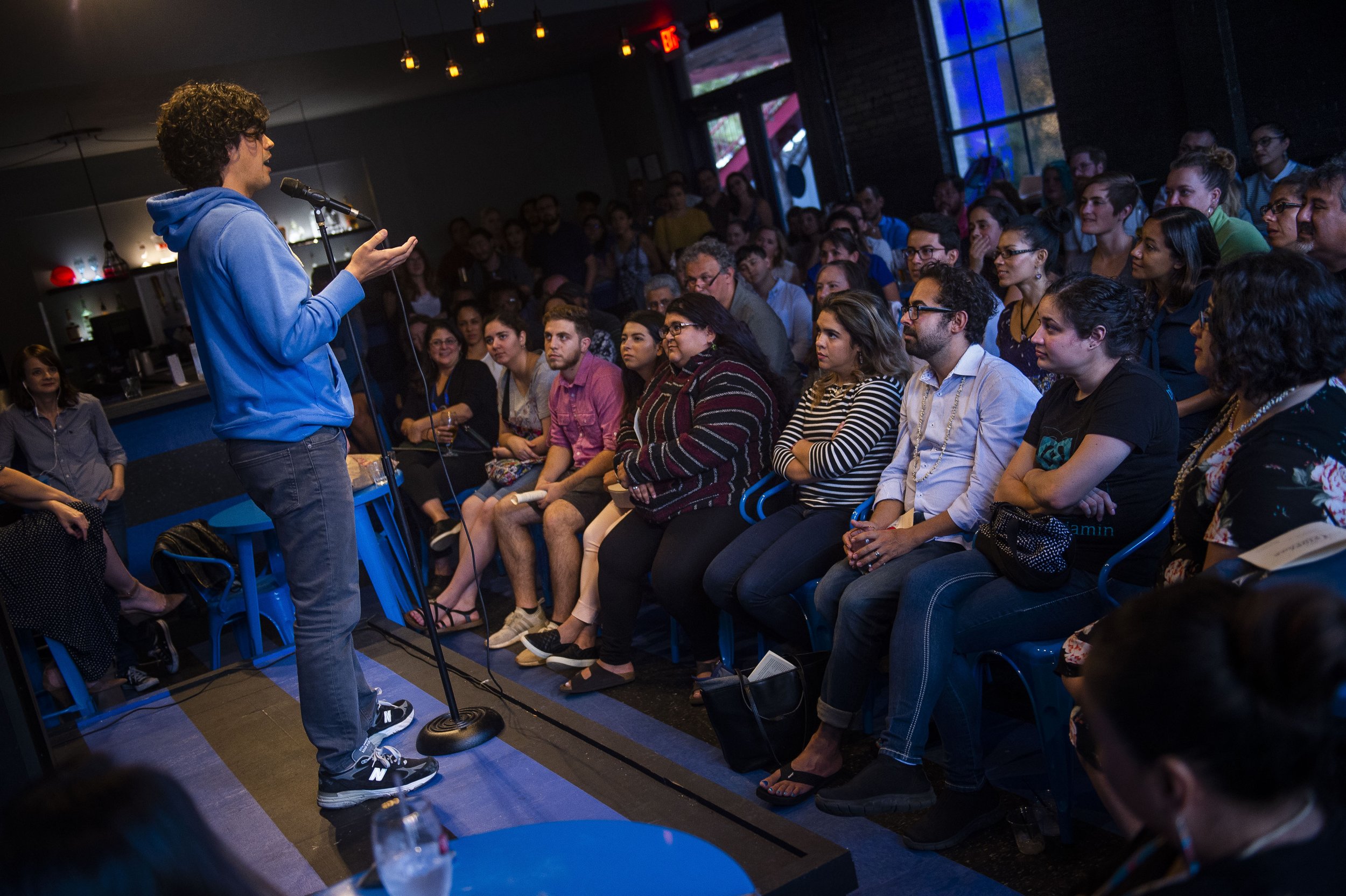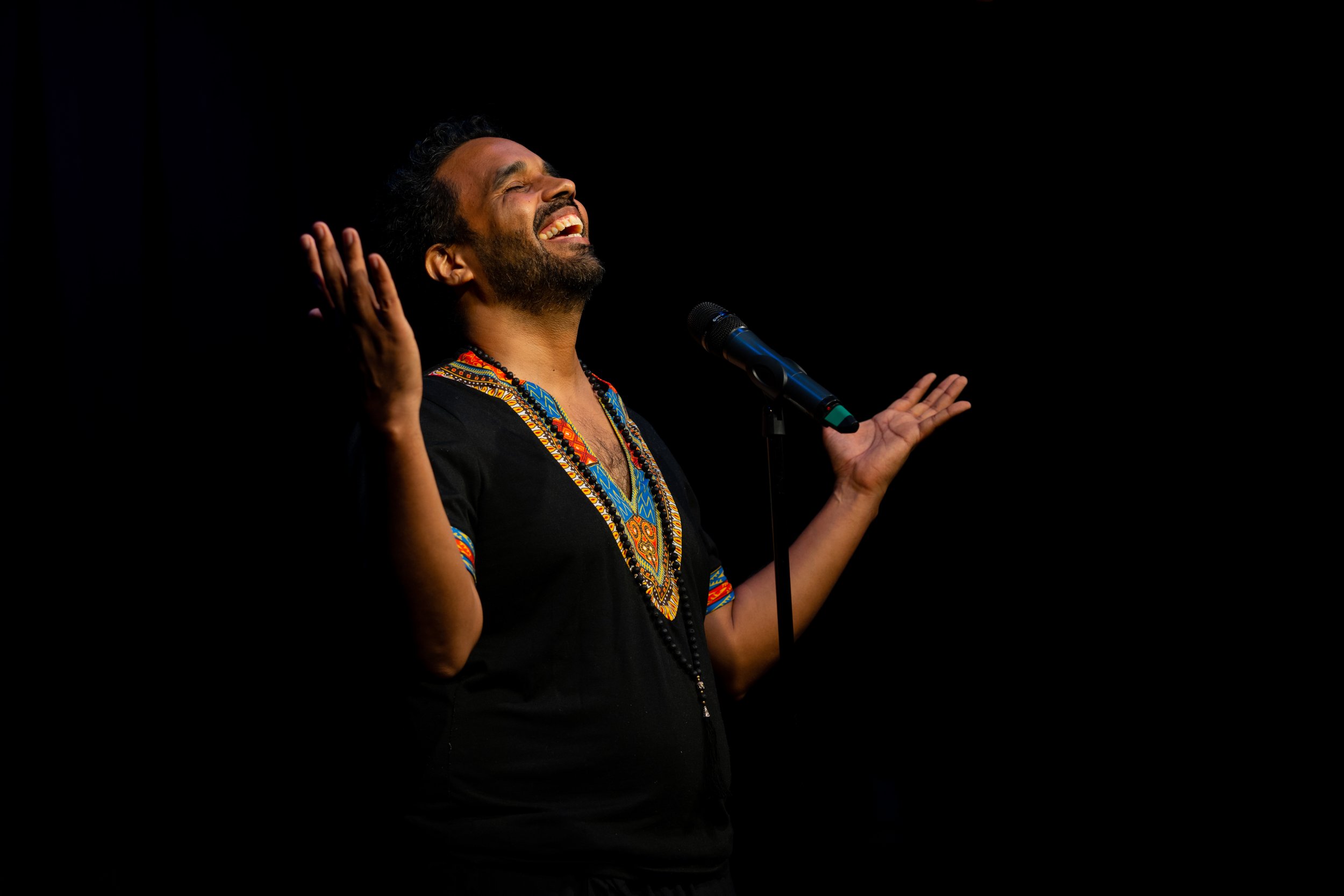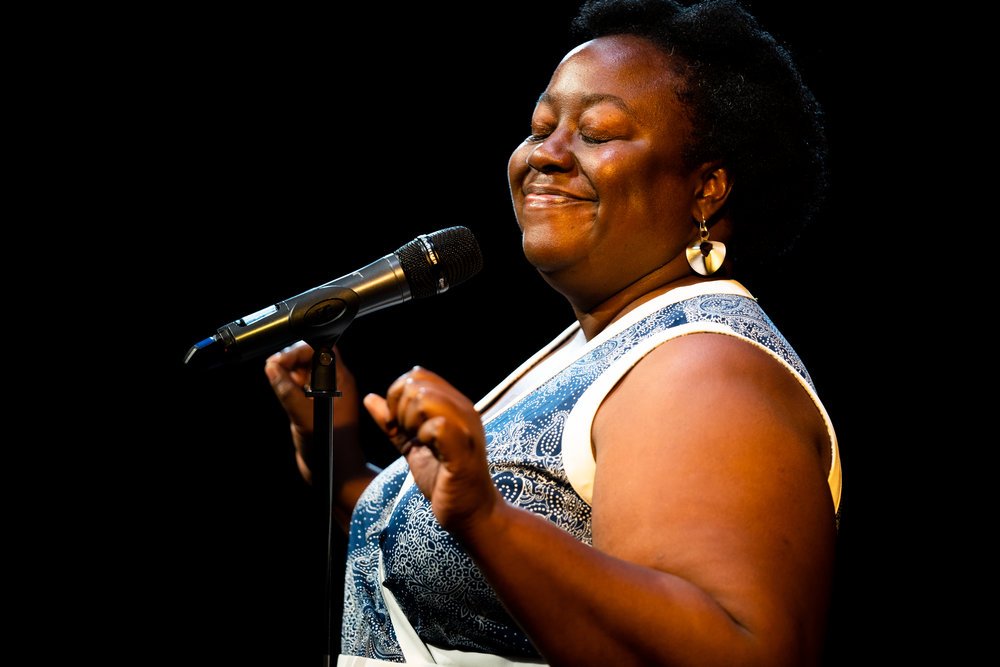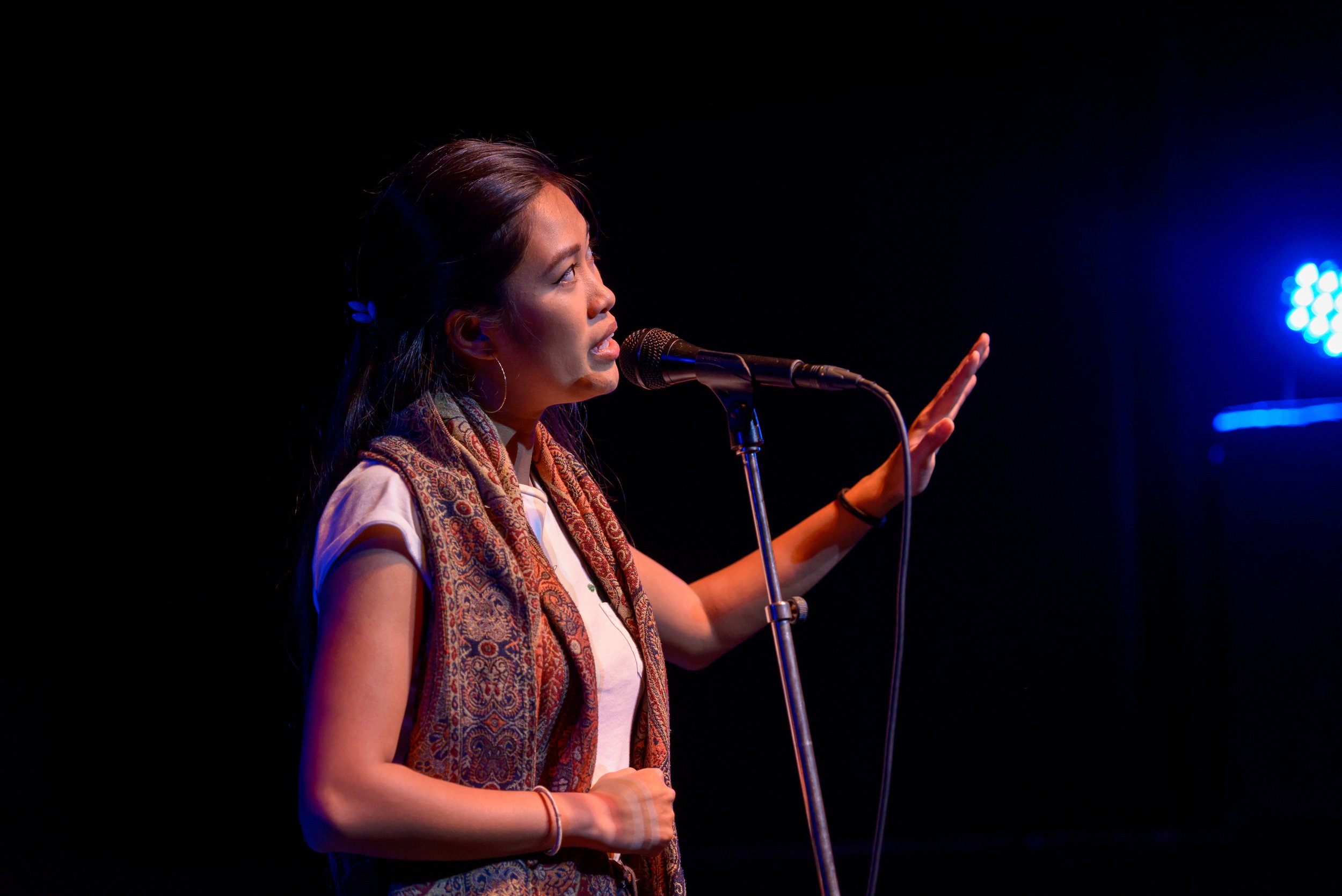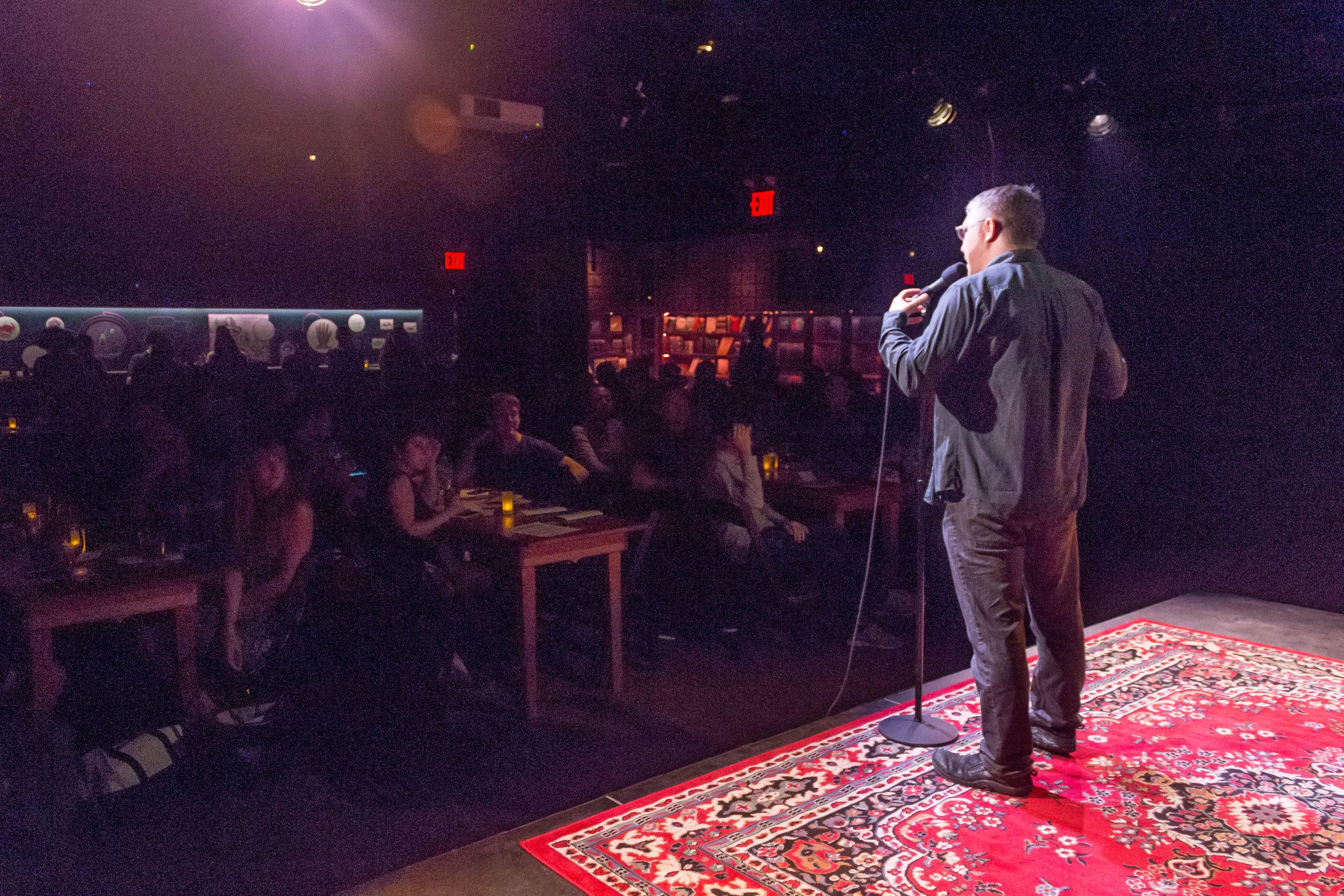about The Story Collider
The Story Collider's mission is to reveal the vibrant role that science plays in all of our lives through the art of personal storytelling.
At our live storytelling events in the U.S., Canada, and the U.K., people of all walks of life – from scientists and doctors to journalists and comedians to artists, firefighters, and bartenders – tell stories about how science has affected their lives. We share a selection of these stories on our weekly podcast, which The Washington Post has called “delightful, devastating, and endlessly listenable.” Over the years, we have developed our storytelling coaching practice into an Education Program, which offers public and private storytelling trainings to both individuals and groups.
OUR CORE VALUES & BELIEFS
The power of storytelling
Research shows us that stories are more understandable, more believable, and more memorable than many other forms of communication (Dahlstrom & Ho, 2012). Experience tells us that stories can make an indelible mark on listeners and tellers alike.
Personal connection to science
We believe that everyone’s life is connected to science in some way, and that we all have a story to tell about how science has affected our lives, regardless of our background, race, gender, sexuality, or education.
science is for everyone
We believe that the story of science is incomplete without a wide range of perspectives and strive to reflect that on our podcast and create open and welcoming environments at our shows.
We also believe that storytelling can be a powerful tool for fostering a sense of belonging in scientific spaces. Research on our work has found that listening to true, personal stories from scientists has the potential to decrease stereotype threat in the listener and allow them to see a place for themselves in science (Schinske, 2017). In addition to this, the act of developing and sharing a story can be powerful in and of itself. In our recent collaboration with Boise State University, researchers found that students who were actively engaged in constructing their personal narratives were more likely to identify as scientists, particularly those from marginalized or underrepresented groups.
Find out more
For a list of our upcoming events, see our shows page >>
To hear hundreds of our stories about science, go to our podcast page or subscribe on any podcasting service >>
To pitch a story you'd like to tell at one of our live shows, see our submissions guidelines >>
To find out more about our university and corporate storytelling training, or for inquiries about sponsorships and other opportunities, email us >>
To find out when new shows are happening, you can subscribe to our mailing list, follow us on Twitter, on Instagram or like us on Facebook >>
